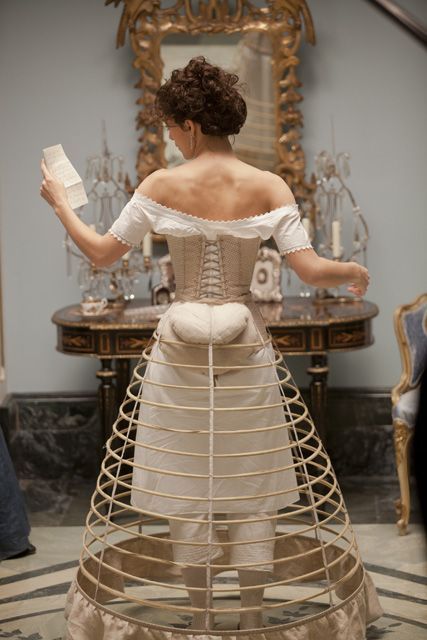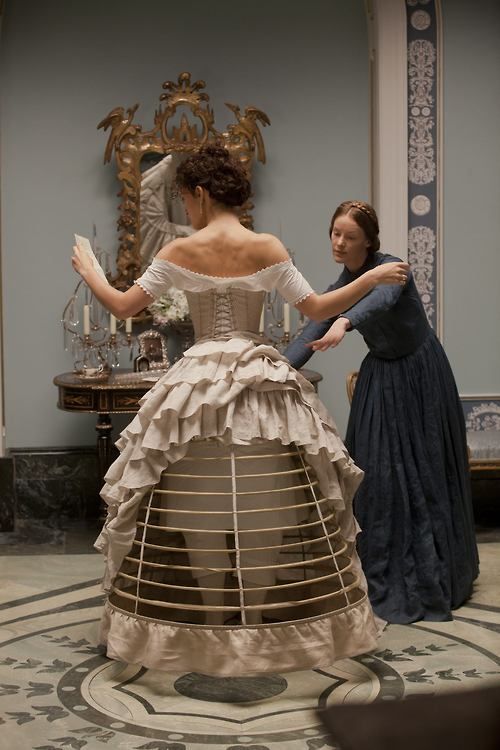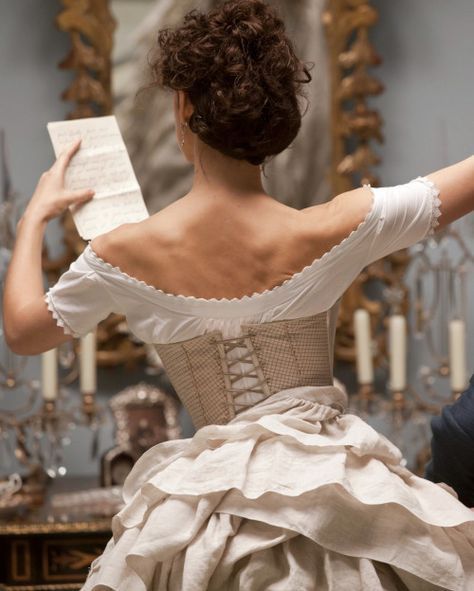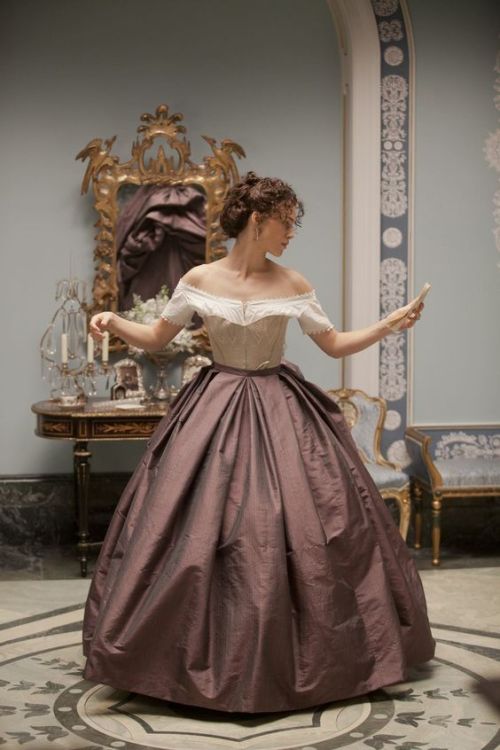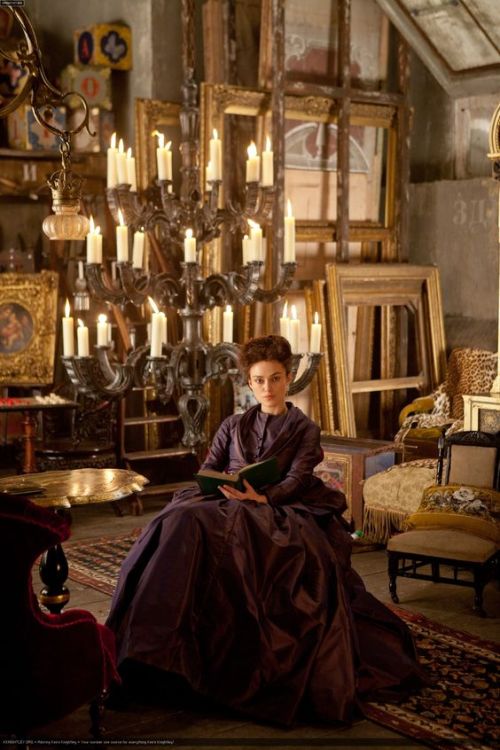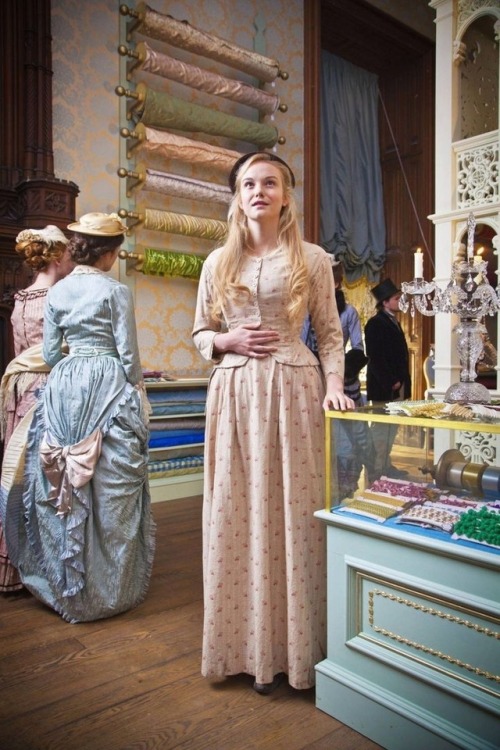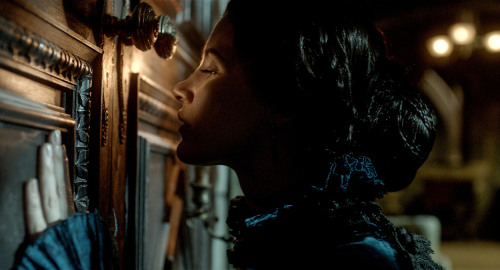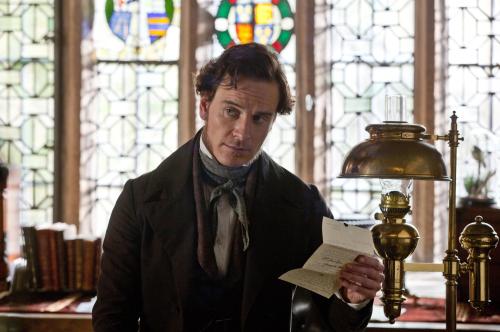#period films
Costume Design: Anna Karenina
“All the variety, all the charm, all the beauty of life is made up of light and shadow.”
(links in photo descriptions)
Post link
you know a movie is going to FUCK when its 4pm on a thursday and it just you and four 70 year old women in the theatre
And you know that period film is going to be extra kinky/spicy when two of those 70 year old women bring their husbands.
Rereading some bits of Farewell, My Queen by Chantal Thomas and I just… really want a new film from a different director who understands the material and understands the relationships that Thomas cultivated in her book better.
In particular. I’ve been thinking about the “undressing/dressing” scene in the book:
In a deathly silence, with her own hands she removed her friend’s pale green dress, began to slip a petticoat over Gabrielle’s head, and even tried to pull stockings onto the other woman’s legs. She was the one on her knees now, at Gabrielle’s feet. Her face was firm and resolute. She was driven by a kind of energy and precision born of despair. Gabrielle, all white-faced and unresisting, with the fragile nakedness of a little girl, wept soundlessly.
In the book, this scene is the tragic, witnessed parting of their relationship. Gabrielle has revealed herself earlier on (and the movie really dropped by the ball by not sticking to the book’s version, in which Polignac doesn’t merely agree to flee France, but as soon as it’s suggested, she has a complete, itemized list of what they’ll need, down to toiletries) and here is resolution. The regretful weeping Gabrielle, the stony-faced Marie Antoinette who keeps herself together, the metaphorical undressing of Gabrielle from a dress that had brought her joy earlier in the story… etc.
Compared to the scene in the film, which instead has Marie Antoinette pressuring Sidonie into agreeing to wear Gabrielle’s clothing as they rescape (in the book, she takes no issue with the request) and then rather creepily watching as the much younger Sidonie is undressed. Even kissing her sensually, essentially cruelly making Sidonie the de-facto Polignac because film has been made more about the “love triangle” element than anything else, before she leaves. And the dress itself doesn’t matter, it has no meaning in the film. What was a moment of broken, half-mended friendship and sorrow was turned into unreciprocated lust and love.
I do think some things work better in the film (for instance, the removal of the physical manifestation of Panic and replacing that with more visual signs of unease and deterioration at Versailles–guards who don’t respond, snatches of comments ‘Some people make (this bread) last a week’ etc) but the director just really… had a different vision from what was in the book.

